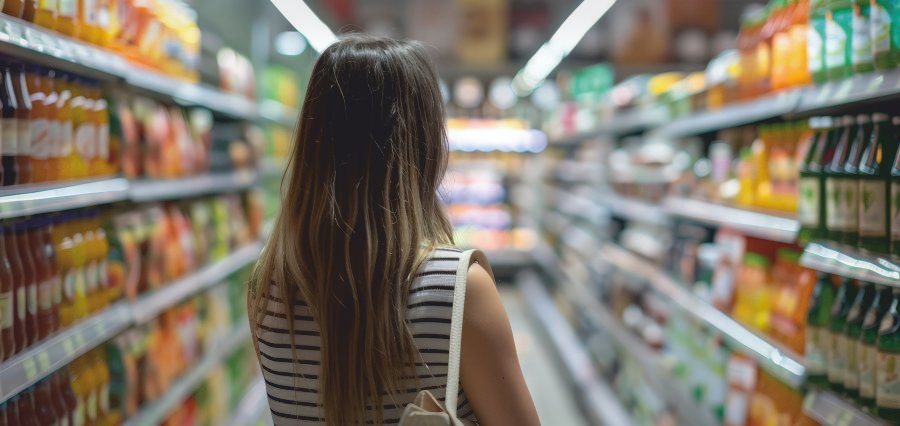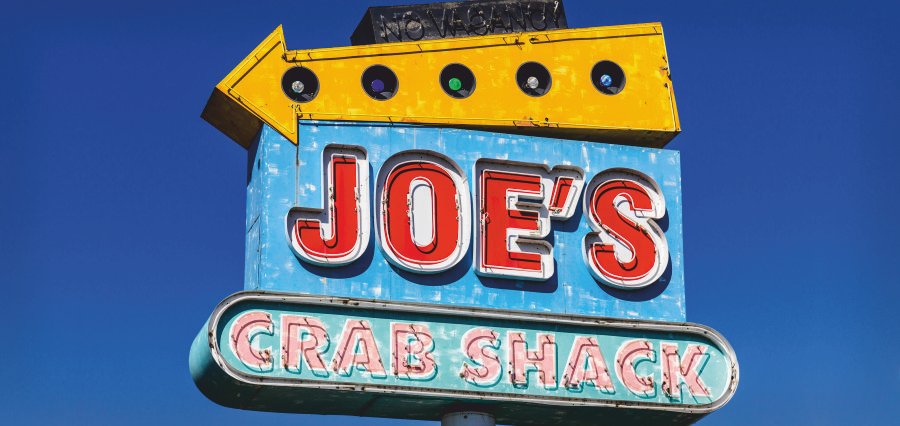Prime Highlights
- UK government plans to ban sales of energy drinks to under-16s to protect children’s health and encourage better lifestyle choices.
- Experts and campaigners strongly support the move, calling it an important step toward building healthier future generations.
Key Facts
- Around one-third of UK children are thought to drink energy drinks weekly, despite many supermarkets already applying their own voluntary bans.
- Some energy drinks contain more caffeine than two cups of coffee, raising serious concerns about their impact on young people’s physical and mental health.
Key Background:
The government of the UK is working on a new bill that will prevent the sale of energy drinks like Red Bull, Monster, and Prime to anyone below the age of 16. The regulation would extend to the rest of England and also cover shops, cafes, restaurants, vending machines, and online sales.
This move follows parental, teacher, and health expert concerns regarding the frequency of children drinking these high-caffeine products. Studies show that around one in three children in the UK have energy drinks each week, even though many supermarkets already have their own bans in place. Some drinks contain more caffeine than two cups of coffee, raising alarms about their impact on developing bodies and minds.
The government has opened a 12-week consultation to hear opinions from doctors, teachers, shop owners, and the public before bringing in the new law. Many experts have already shown support, pointing out that too much caffeine can cause problems such as headaches, poor sleep, a fast heartbeat, and, in rare cases, more serious health issues.
Professor Steve Turner, president of the Royal College of Pediatrics and Child Health, called the proposal the “next logical step” in making children’s diets healthier. Professor Amelia Lake from Teesside University also agreed, saying energy drinks “have no place” in the diets of young people, as research shows they can harm both mental and physical health.
Campaigners like TV chef Jamie Oliver have also spoken out strongly. He warned that the high sugar and caffeine levels in these drinks can make school life harder, with children arriving at class restless and distracted.
Equivalent strategies are being considered in Northern Ireland, Scotland, and Wales, and demonstrate a broader UK-wide interest in promoting healthier lifestyles among young people.






